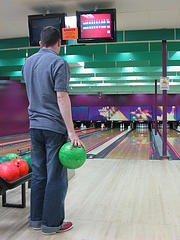The Courier Post recently covered a recent lecture by Nikki Jones, an associate professor of sociology at the University of California at Santa Barbara about the rising problem of violence among teenage girls. Jones asserted that the justice system and social services provide nearly ten times more support to programs for males than those for females.
This lecture in Camden, NJ covered the subject of Jones’ upcoming book on her field work in Philadelphia with female students at Martin Luther King High School, primarily African-American girls.
“Those girls, from middle through high school, she said, can primarily be separated into two categories, but many navigate between both camps. One group of girls, she said, ‘want to be known as able fighters’ and confrontations with them often lead to cuts, especially when the targets are considered pretty.”
“It is not uncommon, she said, for a pretty teen to suffer permanent scarring from a bladed weapon for no reason other than her looks. ‘It’s the code of the street. It’s about reputation and respect,’ Jones said.”
“The other group of girls avoids being in confrontations. As violence increases in a community, Jones said, these girls avoid social relationships, spending more and more time at home and restricting movement in public places.”
“‘Many avoid going to school altogether. They isolate themselves from close relationships, so they have no need to defend anyone because it generally is expected that you will fight for a friend,’ said Jones.”

 In a new editorial from the
In a new editorial from the  CBS news
CBS news